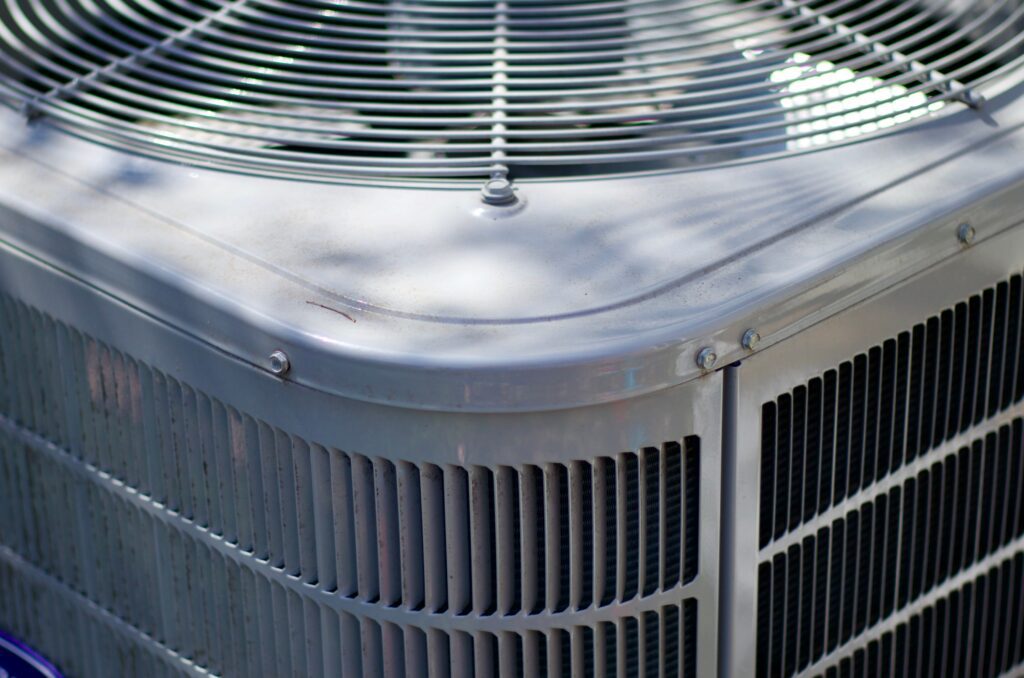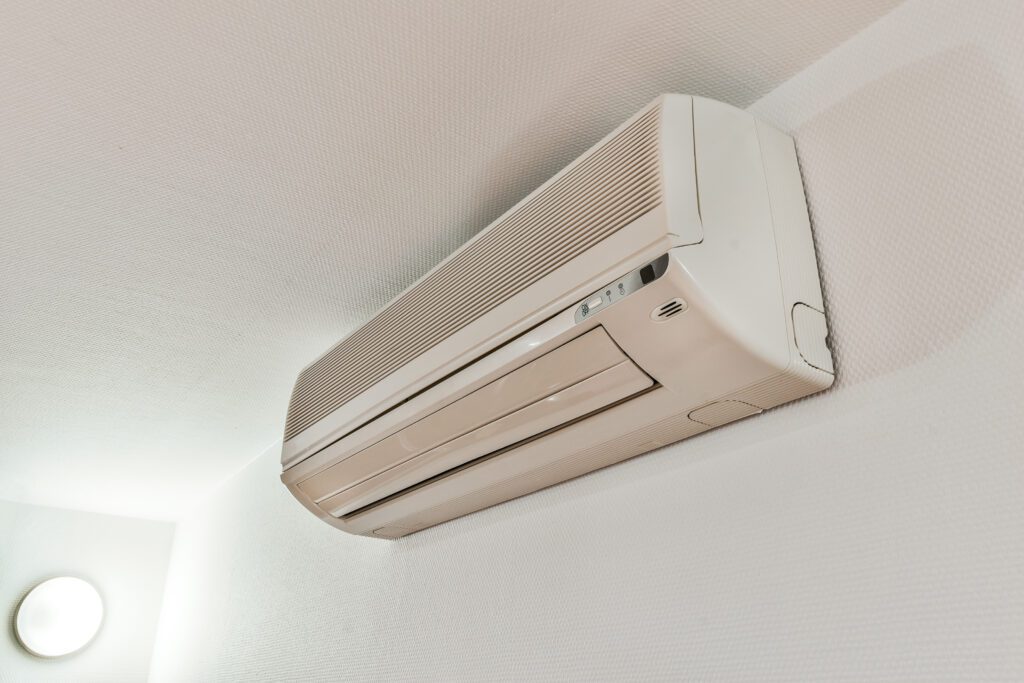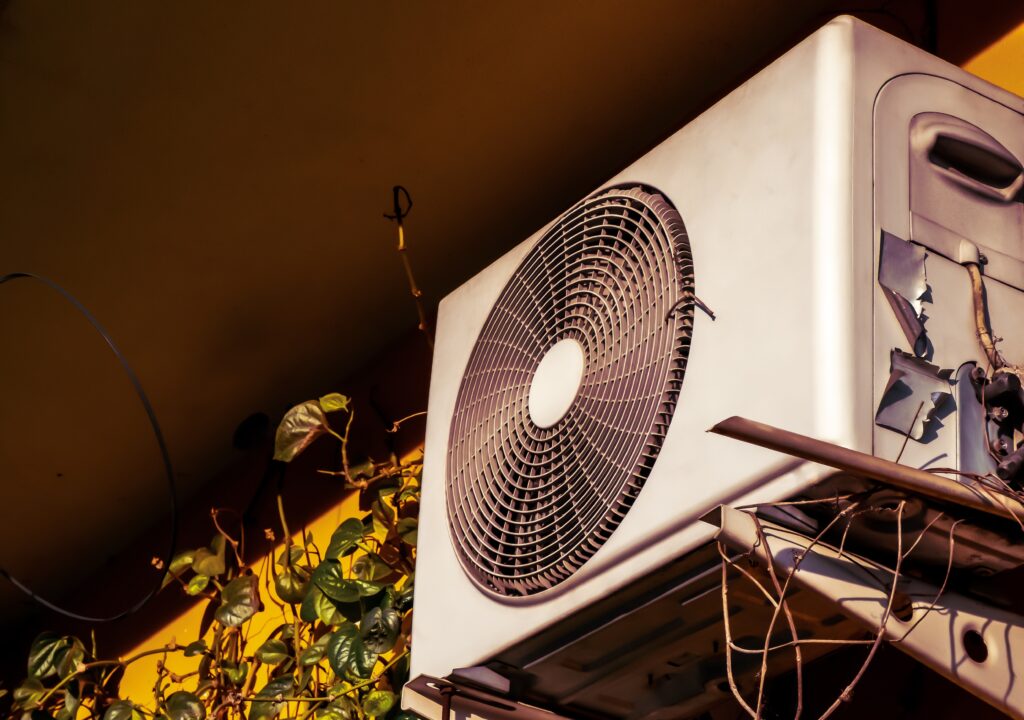Introduction to Air Conditioning System Lifespan
Air conditioning systems are a staple in homes and cars for comfort during hot weather. But have you ever wondered how long they last? On average, a well-maintained AC unit can keep you cool for about 15 to 20 years. Just like your car needs regular oil changes, your AC requires consistent upkeep to ensure a full and effective lifespan. Factors like usage, maintenance, quality of installation, and the type of unit play significant roles in how long your system will serve you. Regular maintenance can prevent unexpected breakdowns and help your AC live a longer, more efficient life. So remember, take good care of your air conditioning system, and it will take care of you on those hot summer days.
Factors Affecting the Durability of Your Air Conditioner
The durability of your air conditioner hinges on several crucial factors. First off, maintenance carries weight—regular check-ups and cleanings can prolong your unit’s life. Installation quality also plays a role; a professionally installed AC will typically outlast a poor setup. The brand and model of the system can influence longevity, with some brands offering robust machines. Usage patterns are key, too; overworking your AC can shave years off its lifespan. Lastly, the local climate can either be a friend or foe to your unit. Harsh, fluctuating weather conditions can wear down an AC system faster. Keep these in mind and your air conditioner is more likely to beat the heat for years to come.
Recognizing Signs That Your AC Needs Repair or Replacement
When your air conditioner starts acting up, it’s like your body telling you it needs a check-up. You’ve got to keep an ear out for strange noises that might be your AC’s way of crying for help. Listen for banging, screeching, or whistling sounds; these aren’t just spooky, they’re hints that something’s wrong inside. Another red flag is if your electric bills have suddenly sky-rocketed. That’s your AC telling you, “Hey, I’m working way too hard here!” It could mean it’s not efficient anymore. Also, keep an eye out for hot and cold spots in different rooms. If your living room feels like the Arctic but your kitchen’s more like the Sahara, your AC might be wearing out. If your trusty machine is more than a decade old, it’s on borrowed time. Central air systems are made to last about 15 years, give or take. But if it’s repair after repair, you might need to break up with your old AC. The rule of thumb is if the repair costs are close to half the price of a new one, it’s time to upgrade to a cooler companion. Keep your cool, recognize the signs, and you won’t get caught sweating when your air conditioner takes its last breath.
Tips for Maintaining and Extending Your AC’s Life

To get the most out of your AC, regular maintenance is key. First, change or clean the filters every one to three months— a clogged filter forces the system to work harder. Next, keep the coils clean, since dirty coils reduce efficiency and strain the system. Ensure that the area around the outdoor unit is clear of debris and vegetation to allow proper airflow. Also, have a pro check your system annually—they’ll tackle issues you can’t, like checking the refrigerant levels. Sealing and insulating ducts can improve your AC’s efficiency too. By following these tips, you’ll keep your AC running smoothly and might just extend its lifespan beyond the average 15 to 20 years.
How Regular AC Repair and Maintenance Saves Money in the Long Run
Regular AC repair and maintenance are like going to the gym for your air conditioner. Just like working out keeps you fit, regular check-ups for your AC keep it running smoothly and efficiently. When an expert takes a look, they can catch small issues before they turn into big, expensive problems. Think of it like this: paying a bit now for maintenance can save you from a hefty bill later. It’s not just about preventing breakdowns, either. A well-maintained AC doesn’t have to work as hard to cool your home, which means it uses less energy and keeps your electricity bills lower. So, investing in regular maintenance actually puts money back in your pocket over time. Plus, it can extend the life of your system, helping you avoid the cost of a full replacement for as long as possible. That’s smart spending.
The Average Lifespan of Different Types of Air Conditioners
When you’re planning to beat the heat with an air conditioner, it’s smart to know how long it could last. So, window units, the kind you might stick in your bedroom, usually keep chill for about 10 years. Portable air conditioners, which you can roll from room to room, also have a decade on the clock. Then there’s the big guns: central air conditioning systems. These powerful setups typically run strong for 15 to 20 years. But keep in mind, how you treat your AC matters. Regular maintenance like cleaning and servicing can help your unit last longer. If you ignore it, expect breakdowns sooner.
Troubleshooting Common Problems That May Shorten AC Lifespan
Okay, listen up, your AC is like a loyal soldier, but even the toughest fighters need some maintenance. Neglect is the enemy here. When you ignore strange noises, ice formation, or even poor airflow, you’re asking for trouble. These signs scream “Help me!”—and trust me, you don’t want to play deaf. A noisy unit might just be a dirty fan, but it could also dance to the tune of a dying motor. Ice buildup? That’s your system freezing up because of low refrigerant or airflow problems. And if the air coming out of the vents isn’t strong, check the filter—it’s probably just choked with dust. Now, it’s not rocket science. Clean or replace the filter, thaw the ice and give that motor some attention. Act fast, stay cool, and keep that trusted AC in the fight for years to come.
When to Call a Professional for AC Repair

So your AC’s acting up. You’re thinking, “Do I need to call someone?” Here’s the deal: if it’s not responding to the usual tricks like thermostat adjustments and filter changes, or it’s making odd noises, it’s time to bring in the pros. Leaking fluids? Don’t second guess – that’s a call for help right there. Also, if you’re facing weak airflow or not enough cool air, you need a technician to sort that out. And let’s not ignore a sudden spike in your energy bills – that’s a red flag screaming for a professional. In short, if you’re unsure or your AC’s behavior is off, get a tech to check it out. Better safe and cool than sorry and sweaty.
The Role of Warranties and Service Contracts in AC Lifespan
When you buy an air conditioner, look at the warranty. It tells you how long you can expect it to work without big problems. Good AC units often have a warranty of around 10 years. But listen, having a service contract can make your AC live even longer. Think of it as a health plan for your air conditioner. With a contract, a pro comes to check your AC each year, swapping out worn-out parts before they break and cause you sweat and headaches. This means fewer surprises and your AC chilling longer. Remember, the longer your warranty and service contract, the better shape your AC stays in, giving you more cool air for your buck.
Summary: Maximizing the Efficiency and Lifespan of Your Air Conditioning System
Taking care of your air conditioning system is like looking after a trusty car. Regular maintenance keeps it running smoothly and extends its life. Typically, a well-maintained AC system can last between 15 to 20 years. To maximize efficiency and lifespan, do these simple things: replace the air filters every few months, keep the area around the AC unit free from debris, and schedule annual check-ups with a professional. It’s all about staying cool without the system breaking a sweat. Remember, a little attention can prevent big problems.



